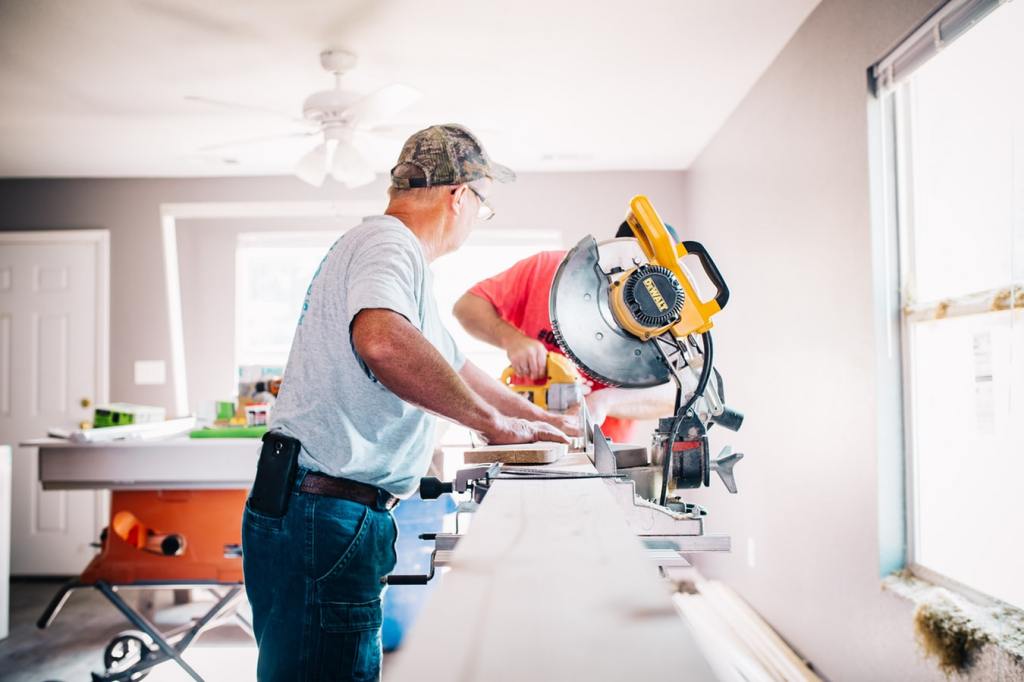Fifty-five percent of surveyed baby boomers plan to remain in their existing homes as they age, but less than a quarter of those surveyed have any plans to renovate their homes to more safely and easily accommodate natural changes that come with aging.
This is according to a new report from home improvement services company Leaf Home and market research firm Morning Consult, which enlisted responses from 1,001 baby boomer homeowners (aged 59–77) and 1,001 millennials (aged 27–42) in late December 2023 and early January 2024.
The report describes homes owned by baby boomers as “time capsules,” since most of the surveyed boomer cohort (73%) said they have lived in their homes for 11 years or more. This is combined with the finding that “over half of their homes were built in 1980 or earlier with many never investing in renovations,” according to the results.
For millennials and younger generations who could eventually purchase these homes in the future, this creates a “looming underinvestment crisis that promises a future of deferred maintenance for their millennial inheritors,” the report said.
But for those who are aging in place in these homes today, there is also a notable deficit of renovations and added safety features, which could prove problematic for those who will naturally develop vision, mobility or cognitive impairments as time progresses, the report said.
Another recent report found that the current housing inventory is ill-equipped to facilitate aging in place safely for older Americans.
Just 24% of baby boomers are preparing their homes for aging, and even fewer are adding other safety features. Roughly 75% of baby boomer respondents report that they “have never added safety or accessibility features in their homes,” while 81% of the cohort report planning to leave an inheritance of some kind when they pass away.
Roughly half of millennial respondents (51%) expect to receive no inheritance.
“The housing market is caught in a generational tug-of-war. Boomers will soon face aging-in-place hurdles, while millennials will face the surprise of homes in need of major upgrades,” said Jon Bostock, CEO of Leaf Home, in a statement accompanying the report.
“With an aging and ignored inventory of homes available in the next decade, we may see a crisis that will overwhelm the home improvement industry and strain the budgets of inheriting millennials, impacting the housing market,” Bostock added.





